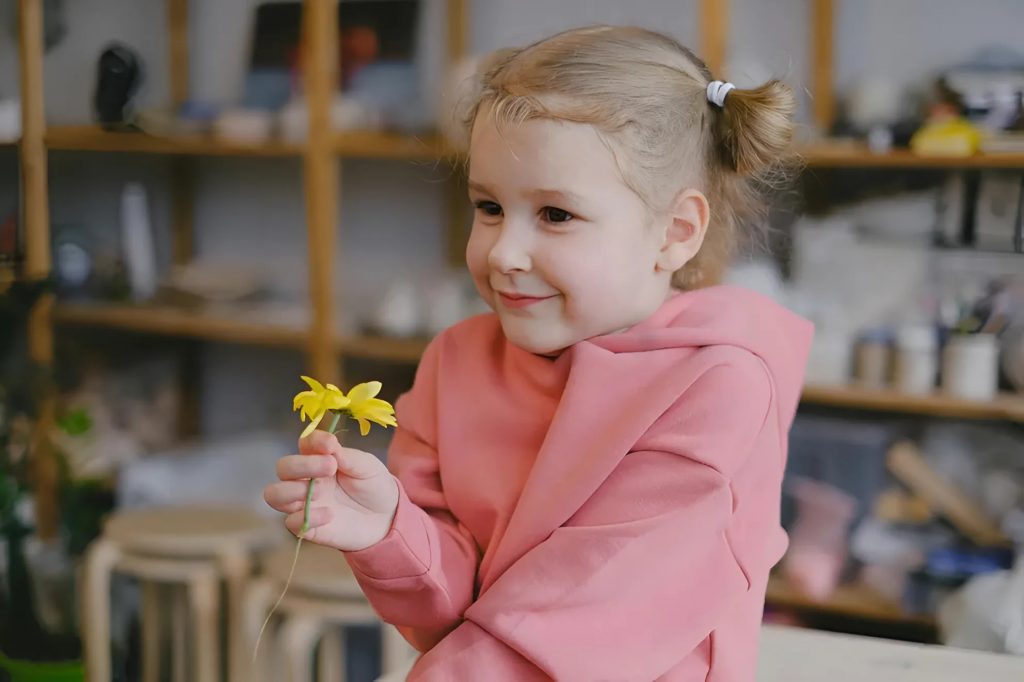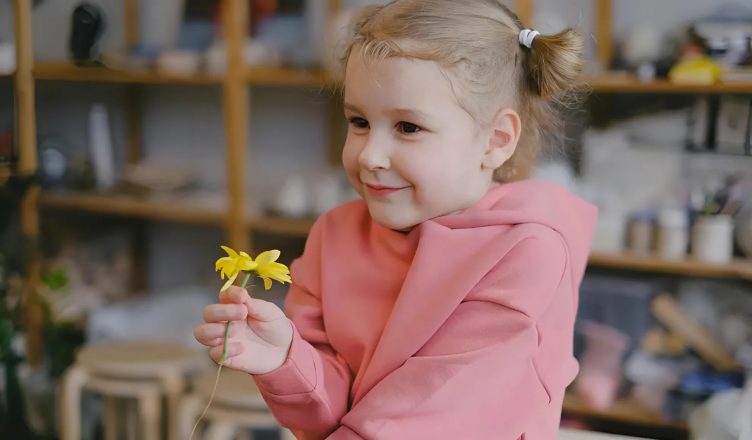Adopting a child was not a decision we made overnight. It was the result of years of reflection, emotional struggles, failed attempts at having biological children, and a deep, growing conviction that love could — and should — be given to a child who needed it most.
The first time we saw her at the orphanage, I knew. Small, thin, her dark eyes heavy with a seriousness far beyond her four years, she stood slightly apart from the other children. She didn’t rush toward us, didn’t stretch out her arms seeking affection. She simply watched, silent and cautious.
After months of paperwork, interviews, and preparations, we finally brought her home.
Those first weeks were harder than we had anticipated. She was distant, wary of touch, flinched at sudden movements, and often withdrew into herself. She spoke little, and when she did, her words were measured and tentative.
We gave her space. We gave her time. We tried to show her, quietly, that this was a different kind of home. A safe one.
Then, a month after she arrived, one evening as I read her a bedtime story, she quietly came to me, placed her tiny hand on my arm, and whispered: — Mommy, don’t trust Daddy.
I froze.
There was no fear in her voice. No anger. Just a quiet, solemn certainty that made the room feel colder.
Trying to remain calm, I asked: — Why, sweetheart?
She lowered her eyes and whispered: — Because he lies.
Nothing more.
She tucked herself under the blanket and soon drifted into sleep, leaving me sitting there, stunned, questions swirling in my mind.
That night, sleep never came to me.
I had been with my husband for over twenty years. He was a kind man — gentle, patient, caring. Never had he given me reason to doubt him. Yet those words — from a little girl who had no reason to fabricate — echoed endlessly in my mind.
The next day, and every day after, I watched them carefully.
Everything appeared normal. He played with her, helped her dress, told her stories. He was tender, attentive. And yet… sometimes, in her eyes, I caught a flicker of fear. A shadow of mistrust.

It took time, but slowly, painfully, I began to understand.
One afternoon, as we sat drawing together, she looked up at me and asked: — Will you leave too? Like the others?
The pieces clicked into place.
In her world, «Daddy» wasn’t my husband specifically. «Daddy» meant the adults who had promised to love her and never returned. Those who smiled, touched her hair, and then disappeared forever.
«Daddy» was a broken promise.
Her warning to me was not about my husband as a person. It was about her experience of betrayal.
She wasn’t accusing him. She was protecting herself.
Understanding that changed everything.
We realized we couldn’t rush her trust. We couldn’t fix her wounds with a few hugs and kind words. We had to rebuild the very foundations of her world, brick by brick, day after day, without ever faltering.
We stopped making promises we weren’t absolutely certain we could keep.
We showed her, through every consistent gesture, that we were not going anywhere.
There were setbacks. Days when her fears resurfaced, when she would withdraw or watch us with suspicion.
But there were also victories. Tiny, priceless victories.
A spontaneous hug.
A genuine laugh.
A gaze that lingered, open and trusting.
Today, over a year later, when I tuck her into bed, sometimes she throws her arms around my neck and whispers: — Mommy, I trust you.
And in those moments, I know we have crossed a bridge few people even realize exists.
Because adopting a child is not simply about giving them a roof and meals.
It is about giving them the unshakeable belief that love can be real.
It is about proving, with every breath, that promises can be kept.
It is about saying — and showing — that not everyone will leave.
And most importantly, that this time, they are truly home.
